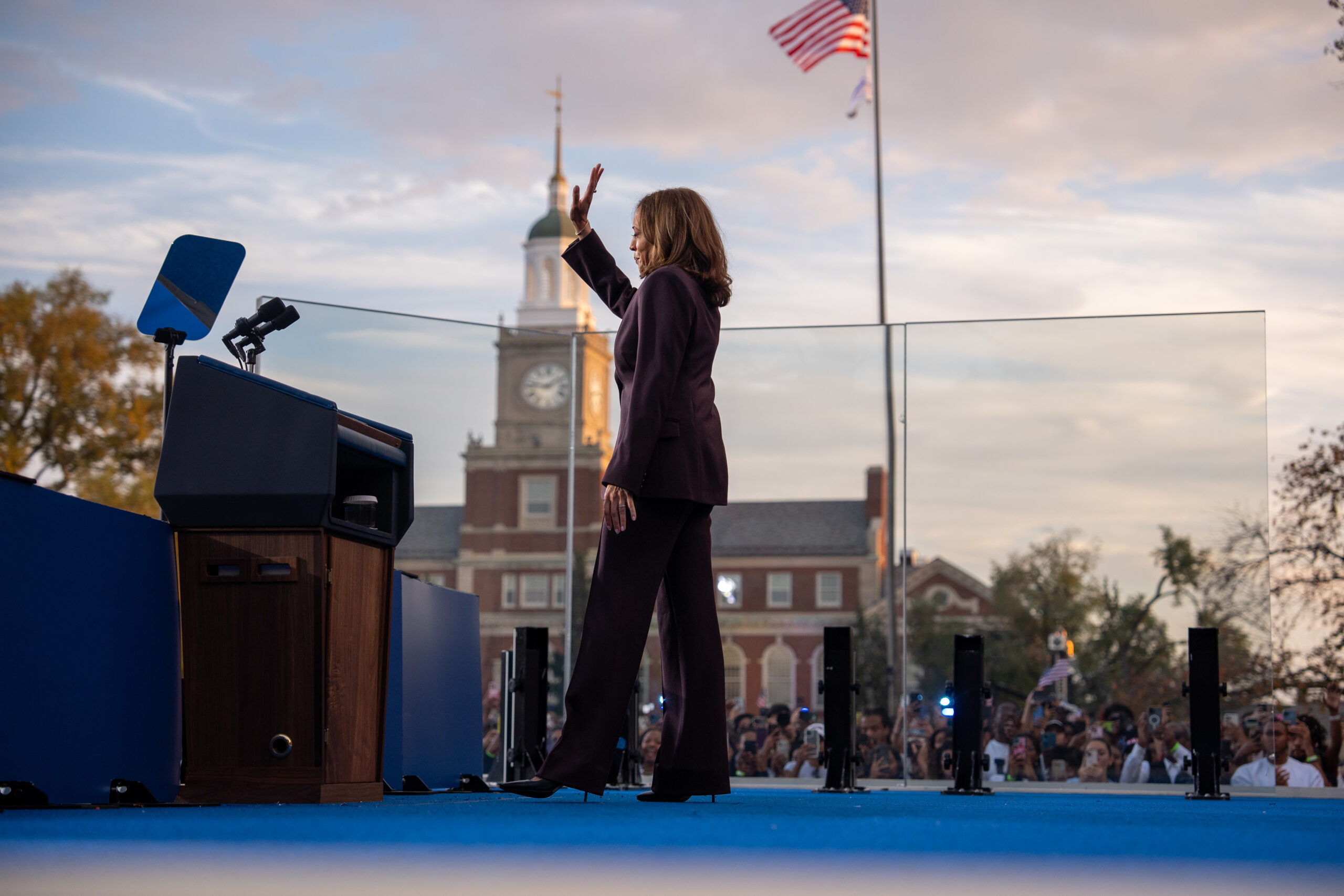
Vice President Kamala Harris’ high-spending presidential campaign—an unprecedented $1.5 billion over just 15 weeks—has sparked questions about where the money went after her defeat to President-elect Donald Trump. Despite an overwhelming financial advantage, Harris became the first Democratic presidential candidate in two decades to lose the popular vote, ceding every battleground state to Trump.
A Campaign Defined by Lavish Spending
Harris’ campaign operated at a staggering pace, averaging $100 million in weekly expenditures. The funds were funneled into advertising, social media influencers, celebrity concerts, pricey rallies, drone shows, and a star-studded town hall hosted by Oprah Winfrey. This spending spree has left some Democrats questioning whether flashy events featuring stars like Beyoncé and Lady Gaga were more about optics than effective voter outreach.
The campaign’s biggest expense—advertising—accounted for nearly $600 million, covering television, digital platforms, and influencer marketing. However, Trump’s team narrowly outspent her on broadcast TV in the final month, raising doubts about the effectiveness of Harris’ strategy.
Post-Election Fallout and Debt Concerns
Despite raising $2.15 billion collectively with the Democratic National Committee, Harris’ campaign has faced backlash for post-election fundraising appeals that some supporters found desperate. Campaign officials insist there are no outstanding debts, but the rapid downsizing of staff—shrinking by 70% after Election Day—highlights the financial strain of such an ambitious campaign.
One notable expense drawing attention is the $1 million payment to Oprah Winfrey’s production firm, Harpo Productions, for a Detroit town hall. The event ultimately cost $2.5 million after factoring in production expenses. Similarly, last-minute rallies featuring high-profile performers exceeded the planned $10 million budget.
Democrats Reflect on Harris’ Defeat
Chris Korge, the Democratic National Committee’s finance chair, acknowledged the shock of losing all seven battleground states and called for a detailed analysis of the campaign’s structure and messaging. While Harris outperformed in battleground states compared to her national numbers, it required significant resources to merely narrow her losses.
Harris allies defended the campaign’s decisions, citing logistical challenges and the immense scale of the effort. “We had so much money it was hard to get it out the door,” said Bakari Sellers, a close Harris ally. However, internal tensions were evident, with campaign officials frustrated by delays in super PAC funding and conflicts over ad spending strategies.
A Legacy of Excess or Lessons Learned?
The unprecedented spending underscores the challenges Harris faced as she inherited a campaign apparatus designed for President Biden, leaving limited time to tailor it to her strengths. With $50 million spent on door-to-door canvassers, $111 million on online fundraising ads, and $70 million on mailers, the campaign’s “all-of-the-above” strategy ultimately fell short.
Even Trump took a jab at Harris’ financial woes, mocking her team on social media: “Whatever we can do to help them during this difficult period.”
As Democrats grapple with Harris’ loss and its implications for the party’s future, her campaign’s spending choices will likely remain a topic of intense scrutiny and reflection.